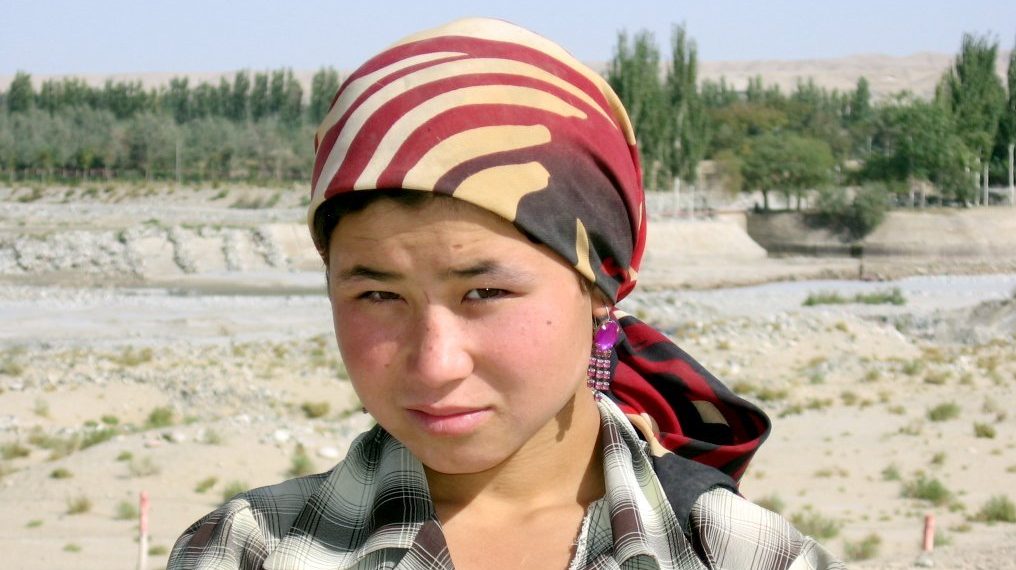The Chinese government is forcing Uyghur women to take contraceptives in an effort to slow the growing population. One expert called the campaign "a slow, painful, creeping genocide" of the religious and ethnic minority.
In a report released on Monday, June 29, AP found numerous Uyghurs have been imprisoned for the offense of having too many children, and women reported that there were frequent pregnancy checks, forced abortions, and forced implantations of IUDs and other contraceptive methods by Communist authorities. The report cites government statistics, state documents, interviews with ex-detainees, family members and a former detention camp instructor.
The report follows previous findings of mass internment, forced labor, sterilizations, and other wide-spread human rights abuses by the Chinese government against the ethnic and religious minority.
Uyghurs are a mostly Muslim ethnic minority in China living in the northwestern province of Xinjiang.
The news comes as anywhere from 900,000 to 1.8 million Uyghurs are now estimated to be in the system of more than 1,300 detention camps set up by Chinese authorities, ostensibly for “re-education” purposes. Survivors have reported indoctrination, beatings, forced labor, and torture in the camps. China initially denied the camps existed, but was forced to officially admit their existence in 2018.
One expert told the Associated Press that the forced birth control campaign is “genocide, full stop.”
“It’s not an immediate, shocking, mass-killing-on-the-spot-type genocide, but it’s a slow, painful, creeping genocide,” Dr. Joanne Smith Finley, a senior lecturer in Chinese studies at Newcastle University in the United Kingdom told AP.
Finley described the program as “direct means of genetically reducing the Uyghur population.”
The birth rate in the Xinjiang province has dropped considerably since the aggressive government-sponsored birth control initiative began, AP reports. Province-wide, the birth rate has dropped 24% in just 2019, and in certain regions of the province, the birth rate has dropped more than 60% between the years 2015 and 2018.
Conversely, the rate of IUD insertion in Xinjiang has increased by similar percentages. In 2014, there were 200,000 IUDs inserted in the province, a number which grew to 330,000 by 2018. AP reported that this uptick in IUDs was counter to the rest of China, which had seen the contraceptive device fall out of favor among Chinese women.
The report also found that 149 of 484 detained persons in the Xinjiang county of Karakax were detained for having more than the officially permitted amount of children. This, said the AP, was the most commonly cited offense justifying detention.
Prior to the regime of Chinese President Xi Jinping, Uyghurs and other ethnic minorities were permitted to have two children, or in certain cases three--unlike the Han majority, which was permitted to have one. Those rules were changed in 2015, when Han were permitted to have two children.
Uyghur women told Associated Press that they were detained even for having three children, which was legal. Seven women who were detained in the camps said they “were force-fed birth control pills or injected with fluids, often with no explanation. Many felt dizzy, tired or ill, and women stopped getting their periods.”
After being released from the camp, some women discovered that they were sterile.
Another woman told AP that she had been in a camp where married women were subject to numerous pregnancy tests, and those who had children were fitted with an IUD. The woman reported that a cellmate of hers, who was a Uighur woman, was forced by an official to recite that she “gave birth to too many children,” which “shows I am uneducated and know little about the law.”
China has engaged in an extensive network of detention camps for religious and ethnic minorities. The Chinese government claims that the camps are purportedly to prevent the spread of terrorism in the region. Numerous leaked files have revealed that many are sent to the camps for the “crimes” of following traditional Islamic practices like fasting, or for conspicuously religious dress.
A leaked manual for the operation of the camps showed that there is a heavy emphasis on assimilating the Uyghur population into the customs of the Han ethnic group. This includes forced intermarriage between Uyghur women and Han men.

